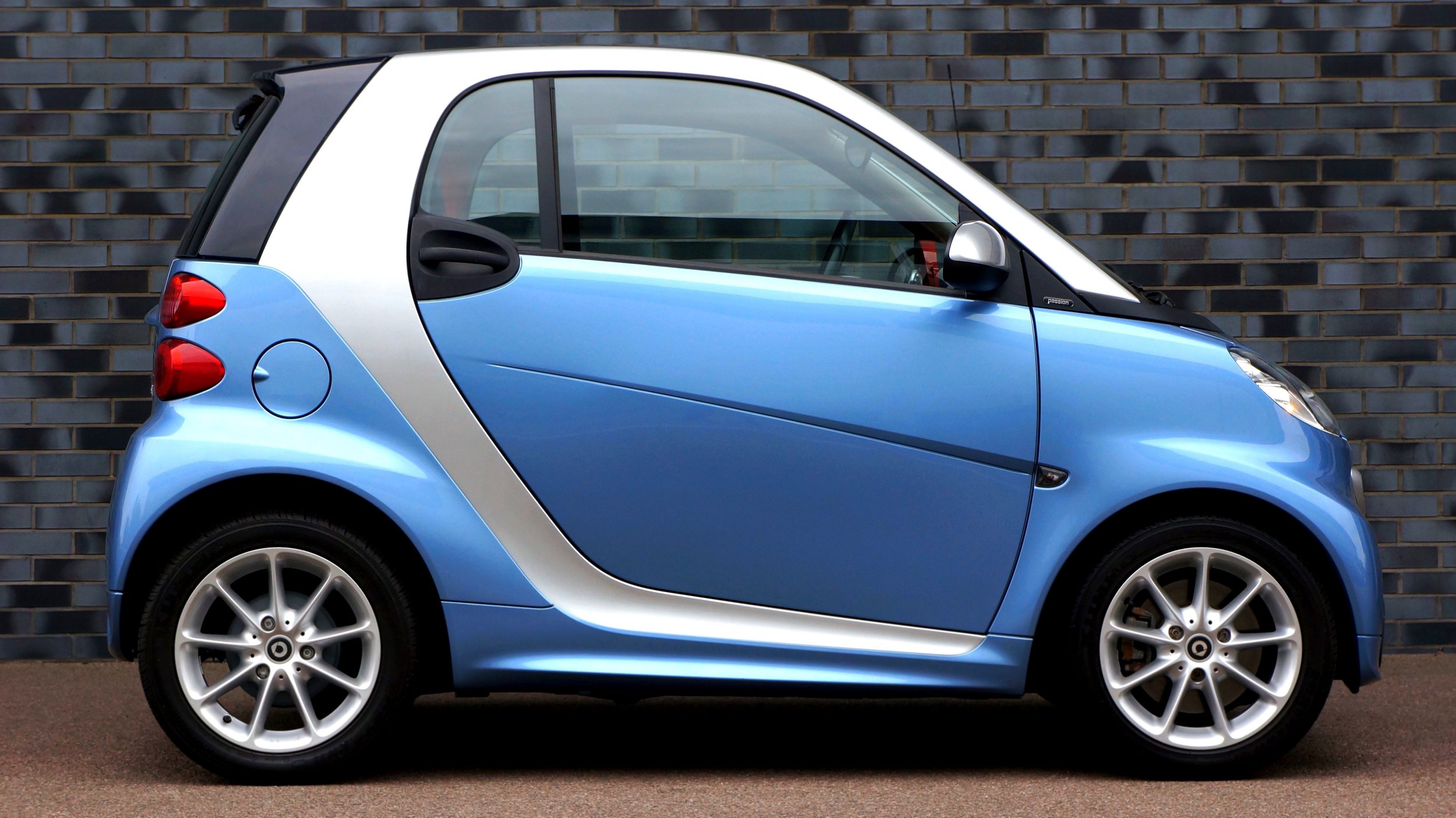As EV subsidies dwindle, EV sales follow suit
🔋 As EV subsidies dwindle, EV sales follow suit.
In a massive drop, EV sales have dramatically collapsed with only 672,000 units sold in January. Year-over-year, that is only a 3% increase and a nearly 50% drop from December. When subsidies are available, it can make EVs more affordable and appealing to consumers, who may be hesitant to pay a premium price for a new technology. When subsidies are reduced or eliminated, the cost of purchasing an EV can become prohibitive for some consumers, leading to a decrease in demand for these vehicles. Additionally, some consumers may choose to delay their purchase of an EV until subsidies are available again or until the price of the technology comes down.
As the U.S. pushes harder towards electric vehicles (EVs), several experts are pumping the brakes, voicing concerns over numerous challenges that could impede this transition.
Several states in the U.S., including California, Maryland, Massachusetts, New Jersey, New York, Oregon, Washington, and Rhode Island, plan to ban the sale of new gas-powered cars by 2035.
President Biden has announced America's strictest vehicle exhaust emissions regulations yet, aiming to push the auto industry towards all-electric cars.
Energy giant Shell is shifting gears, planning to sell off some of its gas stations to make room for more electric vehicle charging stations.
In the past year, over a million fully electric cars, trucks, and SUVs were sold in the U.S., marking a record in the country's shift away from gas-powered vehicles.
The US Department of Energy (DOE) is investing $30 million to bolster the electric vehicle battery supply chain in the country.
The EV market is experiencing some shifts: Tesla, Ford, and General Motors are adjusting strategies.
Rivian Automotive Inc. saw its shares bounce back slightly on Monday after a tough week marked by disappointing earnings.
Starting a new automaker is no easy feat, and it's been a rarity in the last four decades. It's not just about designing a car but also establishing the necessary infrastructure.
In recent years, there has been a substantial investment of taxpayer dollars in adding electric buses to transit fleets across the United States, aiming to reduce carbon emissions.
Stellantis has made a significant announcement about the separation of 539 supplemental employees from its U.S. manufacturing operations, a move that has sparked concerns, especially from United Auto Workers (UAW) President Shawn Fain.
The Biden administration is injecting $623 million into the nation's electric vehicle charging network, with a focus on disadvantaged communities and freight trucks.
Nikola Corp. recently took its hydrogen fuel cell electric truck for a spin at CES 2024, and we got a firsthand look at what this regional hauler can do.
A Reuters report highlights Tesla's alleged negligence in addressing known defects in its vehicles, including suspension and steering systems, and making customers pay for repairs.
Tesla addressed a 2-million-vehicle Autopilot "recall" by releasing software version 2023.44.30 as a free over-the-air update to affected vehicles, enhancing safety alerts.
Tesla is increasing wages for hourly employees at its Sparks, Nevada, battery factory, with low-end hourly wages rising from $20 to $22 (a 10% increase) and high-end wages increasing from $30.65 to $34.50 (a 12.5% increase).
Tesla is recalling over 2 million vehicles in the U.S. to update software and address a defective system designed to ensure driver attention while using Autopilot.
Stellantis, the owner of several car brands, is teaming up with Ample, a California-based startup, to introduce city cars with quick-swappable high-voltage batteries.
The Biden administration has introduced rules aimed at reducing China's influence in the U.S. electric vehicle (EV) supply chain.
Connecticut's plan to ban the sale of gas-powered cars by 2035 is facing a setback, with Governor Ned Lamont shifting his focus to promoting electric vehicles instead of a scheduled legislative vote on the ban.
Toyota is committing an additional $8 billion to its battery manufacturing facility in North Carolina, marking the largest investment by a foreign automaker in the United States since the passage of the Inflation Reduction Act (IRA) in 2022.
Former U.S. President Donald Trump and conservative politicians in Europe are intensifying their criticism of electric cars, making it a campaign issue on both sides of the Atlantic.
New Brexit trade rules related to electric vehicles could impose a significant financial burden on European auto manufacturers, potentially costing them £3.75 billion ($4.58 billion) over the next three years, as reported by BBC News.
In August, new passenger car registrations in Germany increased by 37% year-over-year to 273,417, with a total of 1,913,564 new cars registered in the first eight months of 2023, up 16.5% year-over-year.
Volvo Trucks believes that battery-electric vehicles (BEVs) will be the main technology to transform the trucking industry in North America and globally.
Automakers are investing heavily in electric vehicles (EVs), but surveys show that Americans are hesitant to adopt them, largely due to concerns about charging infrastructure.
The House of Representatives has passed H.R. 1435, the Preserving Choice in Vehicle Purchases Act, which aims to prevent the EPA from allowing California to limit the sale or use of new internal combustion engine vehicles.
In Sweden, Volvo Trucks is adopting a customer-focused approach to achieve its corporate goals for reducing carbon emissions.
Small electric cars, reminiscent of microcars from the past, are gaining attention as the demand for cleaner urban vehicles grows.































The U.S. Treasury Department recently updated the rules for electric vehicle (EV) tax credits under the 2022 Inflation Reduction Act, stirring up a bit of a storm.